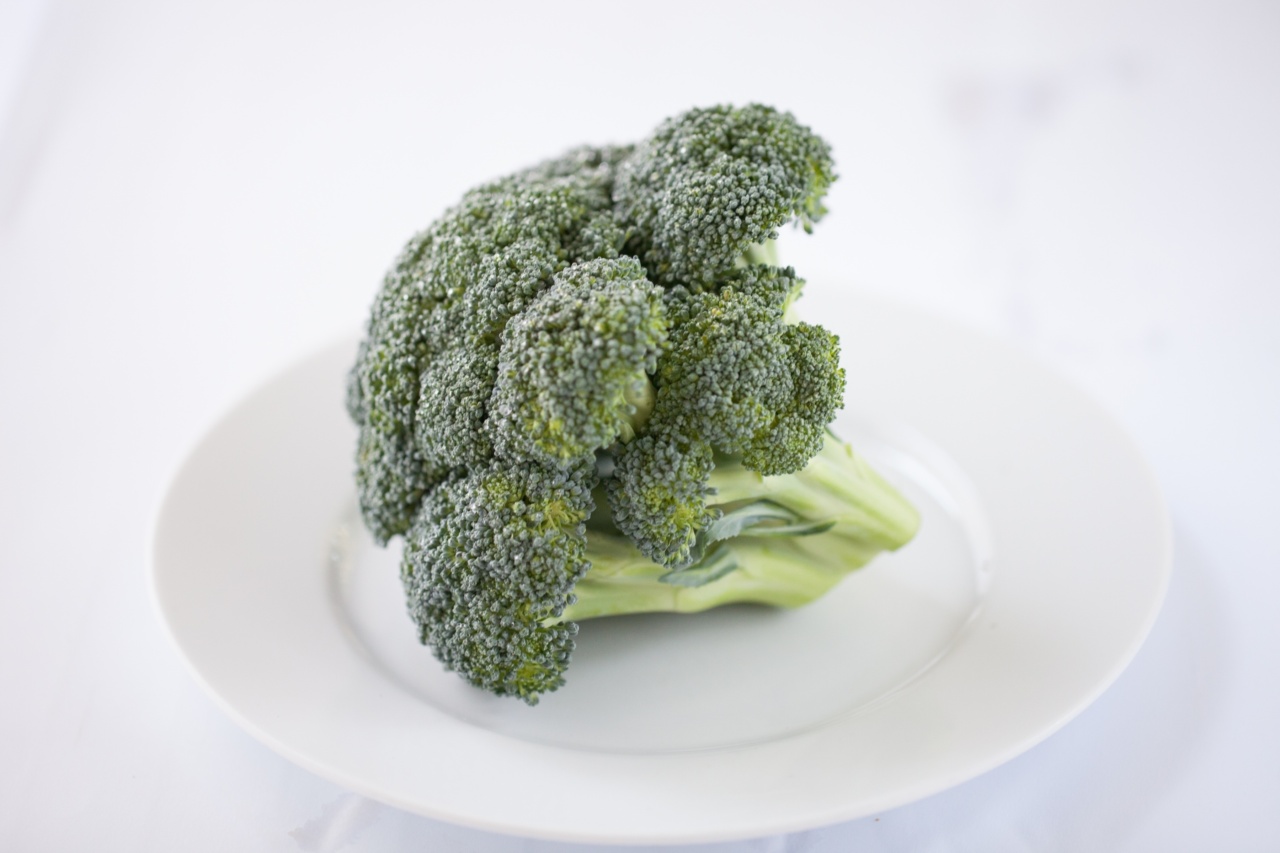A vegetarian diet is increasingly gaining popularity among people of all ages, including children.
Many parents are choosing to raise their children on a vegetarian diet due to various reasons such as ethical considerations, health benefits, and environmental concerns. However, concerns often arise regarding the safety and adequacy of a vegetarian diet in meeting the nutritional needs of growing children.
Understanding a Vegetarian Diet
Before we delve into the safety of a vegetarian diet for growing children, it is important to understand what exactly a vegetarian diet entails.
A vegetarian diet primarily focuses on plant-based foods, including fruits, vegetables, whole grains, legumes, nuts, and seeds. However, there are several categories within vegetarianism, each allowing or restricting specific food groups:.
1. Lacto-Ovo Vegetarian
A lacto-ovo vegetarian includes dairy products and eggs in their diet but avoids meat, poultry, and fish.
2. Lacto Vegetarian
A lacto vegetarian includes dairy products in their diet but avoids eggs, meat, poultry, and fish.
3. Ovo Vegetarian
An ovo vegetarian includes eggs in their diet but avoids dairy products, meat, poultry, and fish.
4. Vegan
A vegan avoids all animal-based products, including dairy, eggs, meat, poultry, fish, and even honey.
The Safety of a Vegetarian Diet for Growing Children
Now let’s address the question at hand: Is a vegetarian diet safe for growing children? The answer is yes, but with certain considerations.
1. Meeting Nutritional Needs
One of the main concerns surrounding a vegetarian diet for children is whether they can obtain all the necessary nutrients for optimal growth and development.
A well-planned vegetarian diet can indeed provide all the essential nutrients required by children. However, attention must be given to key nutrients that are commonly found in animal products:.
Protein
Protein is crucial for growth, tissue repair, and the production of enzymes and hormones.
While meat is a rich source of protein, plant-based foods such as legumes (beans, lentils, and chickpeas), tofu, tempeh, seitan, quinoa, and nuts can provide ample protein to meet a growing child’s needs.
Iron
Iron is essential for the production of red blood cells and cognitive development.
Although plant-based iron (non-heme iron) is less easily absorbed than the iron found in meat (heme iron), it is still possible to obtain sufficient iron through foods like dark leafy greens, lentils, tofu, fortified cereals, and nuts. Pairing iron-rich foods with vitamin C sources, such as citrus fruits or bell peppers, can enhance iron absorption.
Calcium
Calcium is vital for bone development and overall growth.
While dairy products are a common source of calcium, plant-based alternatives like calcium-fortified plant milks (soy, almond, oat), tofu, kale, broccoli, and fortified orange juice can provide adequate calcium for children on a vegetarian diet.
Vitamin B12
Vitamin B12 plays a crucial role in the functioning of the nervous system and the formation of red blood cells.
As it is primarily found in animal-based foods, vegetarians, especially vegans, need to ensure adequate intake through fortified foods (such as plant milk and breakfast cereals) or supplements.
Zinc
Zinc is necessary for immune function, growth, and wound healing. Plant-based sources include legumes, tofu, nuts, seeds, and whole grains.
Omega-3 Fatty Acids
Omega-3 fatty acids are essential for brain development and cognitive function. While fish is a primary source of omega-3s, vegetarians can obtain them through foods like flaxseeds, chia seeds, walnuts, hemp seeds, and algae-based supplements.
2. Proper Meal Planning
To ensure a vegetarian diet is safe and nutritionally adequate for growing children, proper meal planning is essential. Parents must pay attention to incorporating a variety of plant-based foods that provide essential nutrients.
Including a rainbow of fruits and vegetables, whole grains, legumes, nuts, and seeds in their diet will help meet their nutritional needs.
It is also important to introduce new foods gradually, allowing children to adjust and develop a taste for these foods. Ensuring a balanced diet with a mix of macronutrients (carbohydrates, proteins, and fats) and appropriate portion sizes is crucial.
Consulting with a registered dietitian who specializes in pediatric vegetarian nutrition can be extremely helpful in creating a well-rounded and customized meal plan.
3. Potential Benefits
The vegetarian diet, when well-planned, offers numerous health benefits for growing children:.
Lower Risk of Obesity
A well-balanced vegetarian diet, rich in whole plant-based foods and low in processed foods, can help prevent excessive weight gain and reduce the risk of obesity in children.
Reduced Risk of Chronic Diseases
Studies have shown that vegetarian diets, especially vegan diets, may reduce the risk of developing chronic diseases such as heart disease, type 2 diabetes, and certain types of cancers later in life.
Increase in Fiber Intake
A vegetarian diet typically includes higher amounts of fiber-rich foods like fruits, vegetables, and whole grains. This increased fiber intake can promote healthy digestion and prevent constipation.
Positive Environmental Impact
Choosing a vegetarian diet also contributes to a reduced carbon footprint and less environmental harm by conserving resources, reducing greenhouse gas emissions, and decreasing deforestation associated with animal agriculture.
Teaching children from a young age about sustainability and environmental responsibility can have lasting impacts.
Conclusion
With proper planning and attention to nutrition, a vegetarian diet can be safe and nutritionally adequate for growing children. It is crucial to ensure a well-rounded diet that includes a variety of plant-based foods to meet all their nutritional needs.
However, consulting a healthcare professional or a registered dietitian specializing in pediatric nutrition is highly recommended to ensure a child’s specific dietary requirements are met. Teaching children about the importance of a balanced diet and the benefits of vegetarianism can also help foster healthy habits that may extend into adulthood.






























